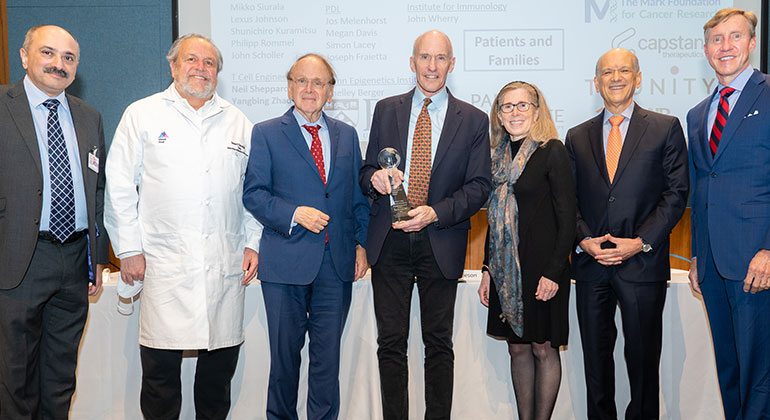"The Belly Fat Battle" - Claudia Wallis
Among the indignities of aging is a creeping tendency to put on weight, as our resting metabolism slows down – by roughly one to two percent every decade. But what’s worse, at least for women, is a shift, around menopause, in where this excess flab accumulates. A high waist-to-hip ratio portends a greater risk of heart disease, stroke, diabetes, metabolic syndrome and even certain cancers – for both men and women. Researchers have been investigating “middle-aged spread” for decades, but there is still debate about why it happens, whether it is a cause or merely an indicator of health risks and what can be done to avoid it. Last year, researchers reported in Nature that they could radically reduce body fat – including visceral fat – and raise metabolic rates in mice by blocking the action of follicle-stimulating hormone, a substance better known for its role in reproduction. “The next step is to take this to humans,” said senior author Mone Zaidi, MD, PhD, professor of medicine, endocrinology, diabetes and bone disease at the Icahn School of Medicine at Mount Sinai.
- Mone Zaidi, MD, PhD, Professor, Medicine, Endocrinology, Diabetes and Bone Disease, Pharmacological Sciences, Geriatrics and Palliative Medicine, Icahn School of Medicine at Mount Sinai

Mount Sinai Researcher Receives Prestigious International Award
Jul 06, 2022 View All Press Releases
